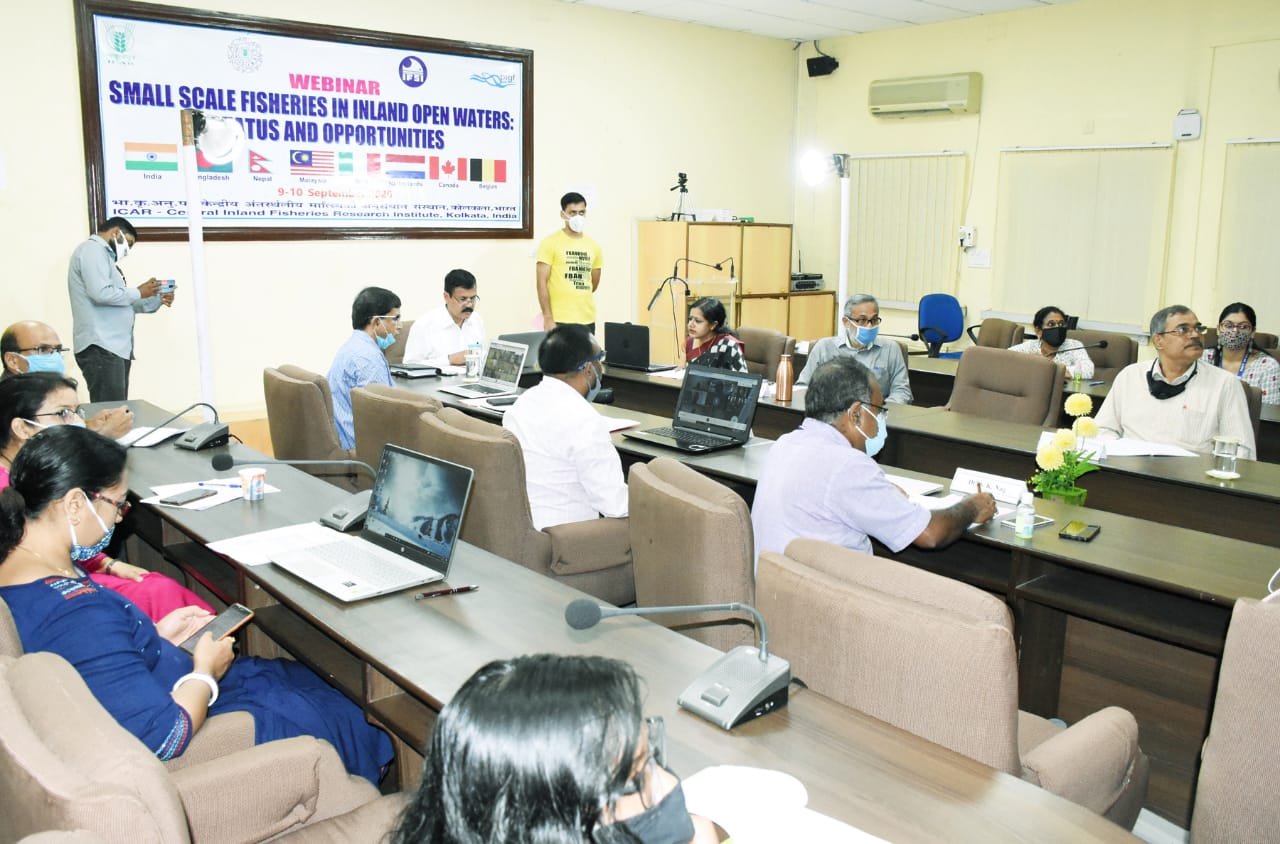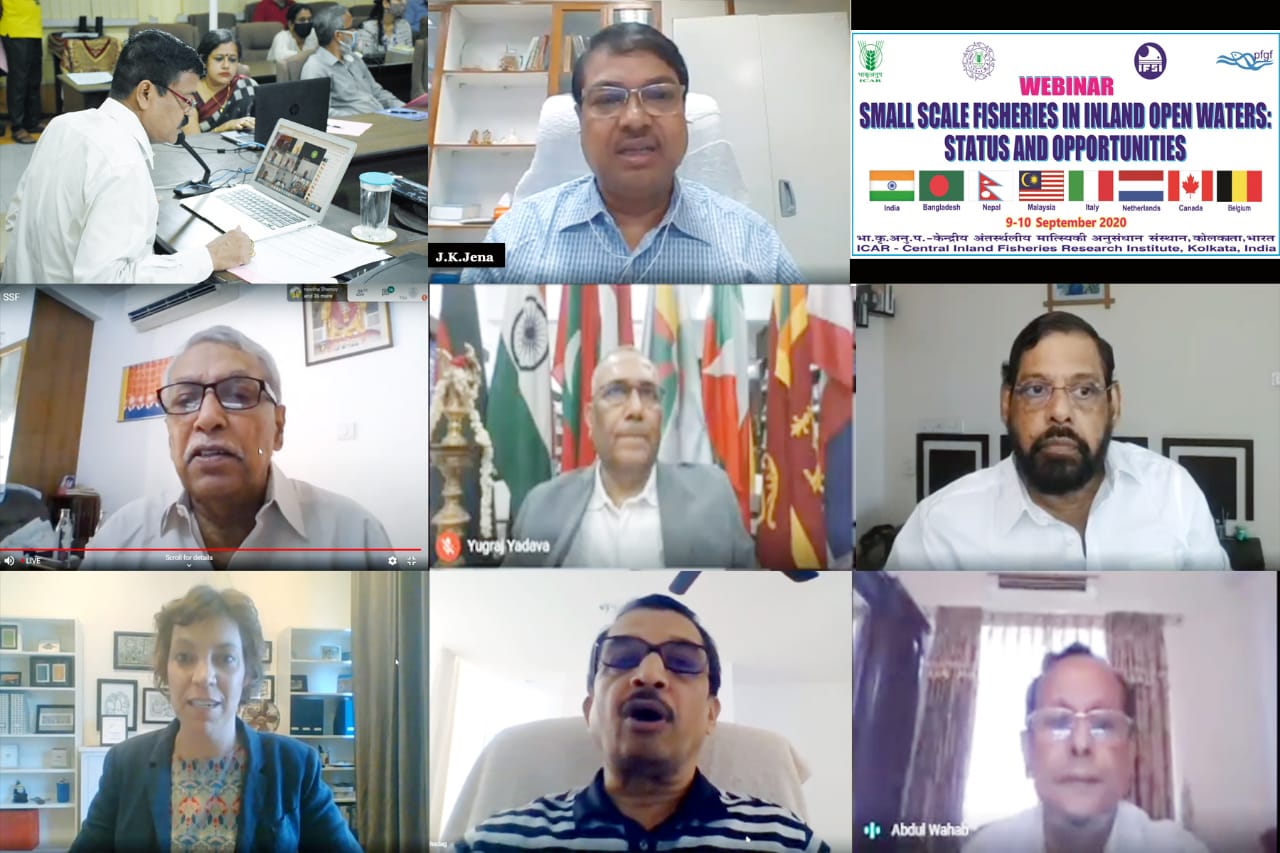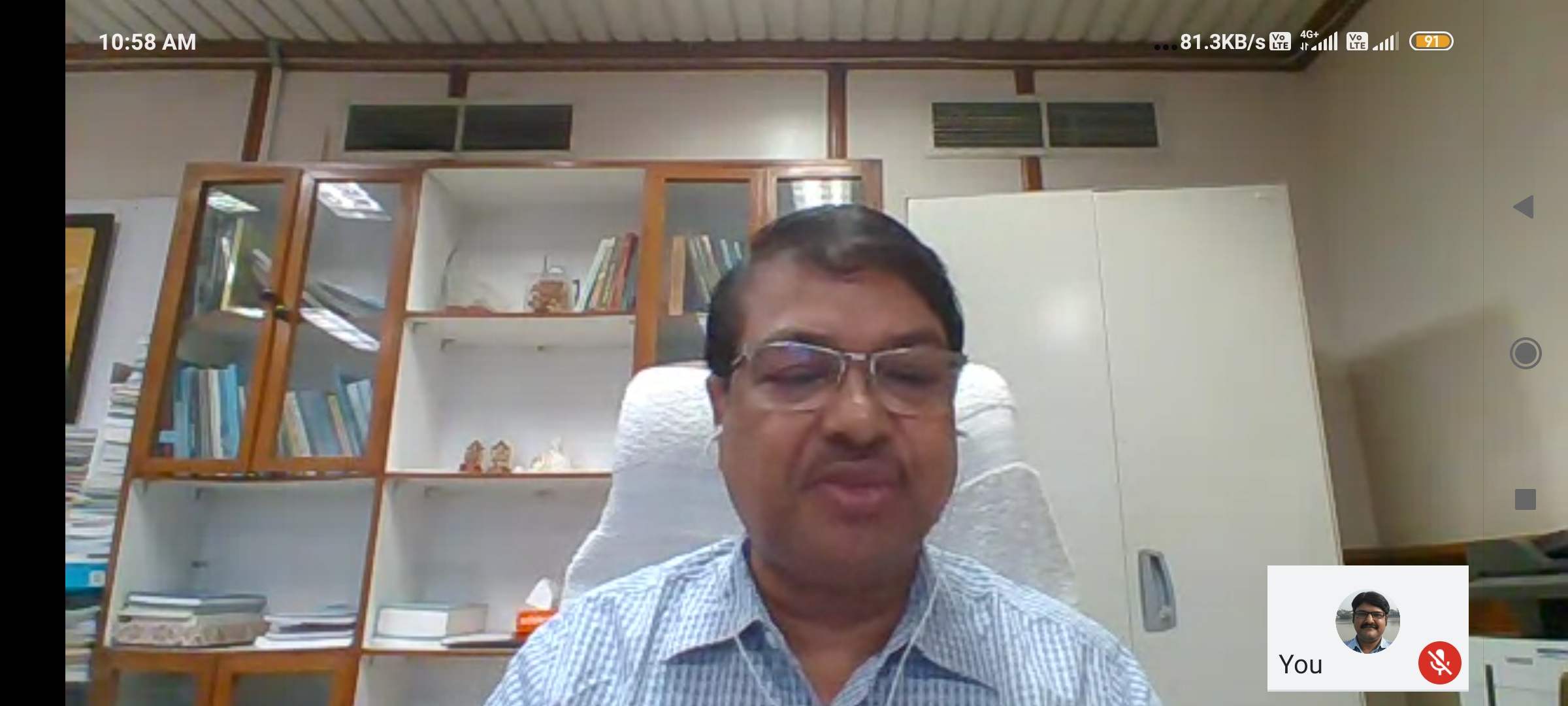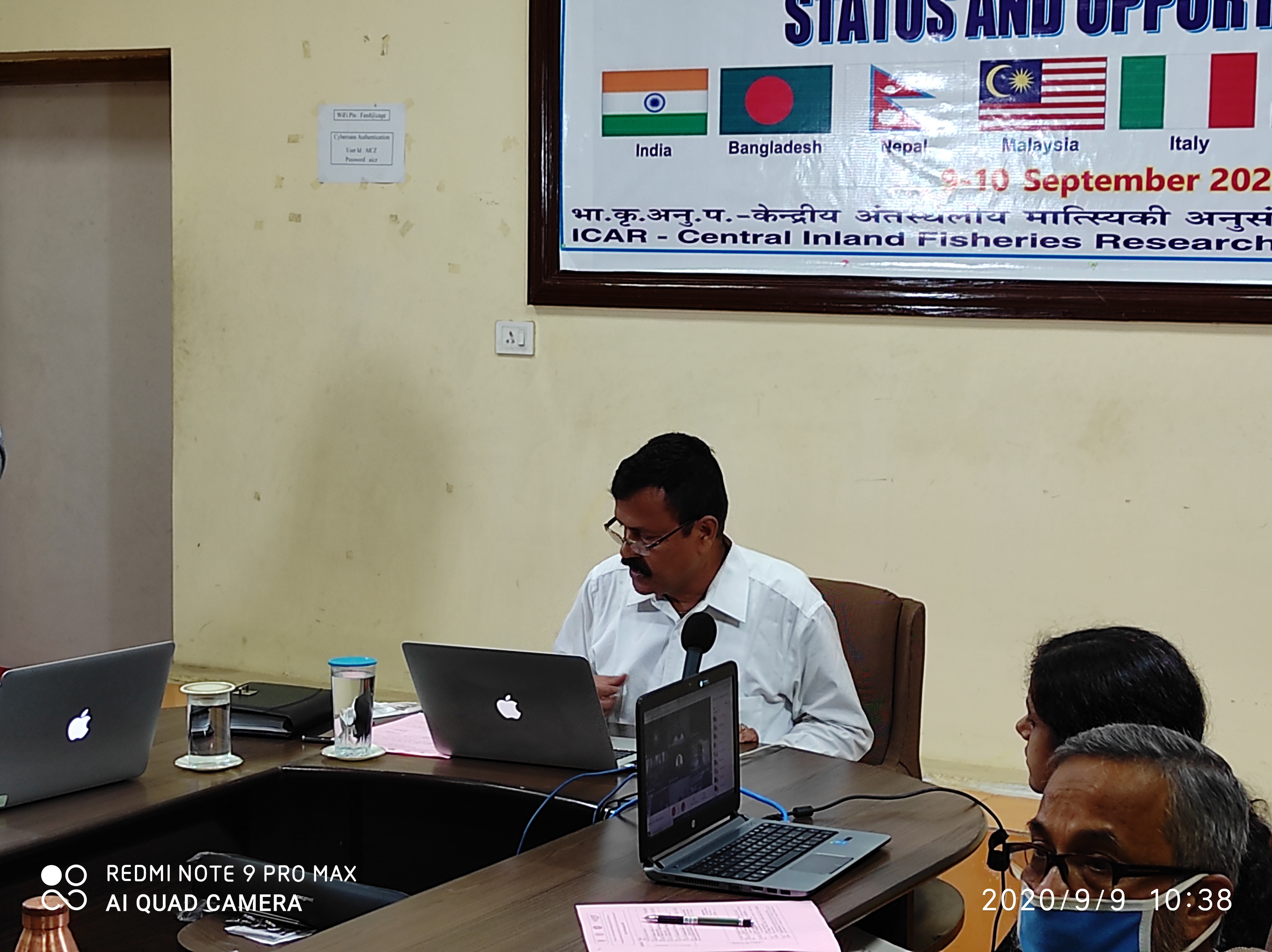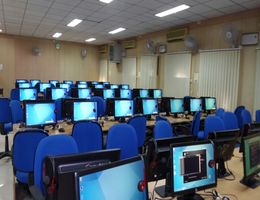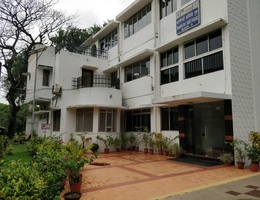Overview
Publications
Recruitment
Intranet
Inland fishery is invaluable and contributing more than 1 million metric tons to Indian fish production. Total fisherfolk population in inland waters of the country is around 12.2 million. Small-scale fisheries(SSF) is defined as traditional fisheries involving fishing households, using relatively small amount of capital and energy, relatively small fishing vessels, making short fishing trips, close to shore and mainly for local consumption. The activities of small-scale fisheries usually comprise supplying fish and fishery products to local and domestic markets as well as for subsistence consumption. Other ancillary activities such as net-making, boat-building, engine repair and maintenance, etc. can provide additional fishery-related employment, livelihood and income opportunities for fishing communities.
Web-based Pan-Asia webinar on ““Small Scale Fisheries in Inland open water: Status and opportunity” with virtual participation of experts, academicians and institutions from India, Bangladesh, Srilanka, Nepal, Malayasia along with the experts from Canada, FAO, and Belgium was inaugurated by Dr. J. K. Jena, DDG (Fisheries Science), ICAR, New Delhi on 9 September 2020.
Dr. B. K. Das, Director, ICAR-CIFRI in his welcome address emphasized that in India SSF is highly vulnerable to natural and anthropological changes in inland fisheries causing loss of employment and livelihood to poor fishers/ fish-workers. It is believed that COVID-19 lockdown the livelihoods of the fishers involved in small-scale fisheries impacted critically. There is an urgent need to enhance and database development on small scale fisheries in wetlands, reservoirs and different river stretches. ICAR-CIFRI is working in collaboration with WorldFish centre for enhancing SSF in wetlands and with Namami Gange mission for SSF in Ganga river basin.
Dr. Dilip Kumar, Former Director, ICAR-CIFE in his address appreciated ICAR-CIFRI and said that SSF is contributing almost 75% of fisheries in Bangladesh and 70-80% in inland sector of India.
Dr. C. V. Mohan of WorldFish centre, Penang Malaysia in his address thanked ICAR-CIFRI for organizing this important webinar. He emphasized that World fish Centre is working with many countries in the region for enhancement and betterment of small scale fisheries management.
Dr. J. K. Jena, DDG (FS), ICAR in his Presidential address emphasized about the importance and role of small scale fishers of India. It is a dynamic sector incomparable, even small kids participate with small infrastructures. Almost 100% of inland fisheries is small scale fisheries with large diversity in traditional techniques. Several policy guidelines was formulated for this sector but not implemented properly. Sustainability of SSF is highly important now a day. We need synergies of various programmes, pilot projects and effective management of resources for the development of small scale fisheries sector.
This webinar is being organized jointly by ICAR-CIFRI, Barrackpore IFSI, Barrackpore and PFGF India on 9-10 September 2020. This webinar shall make a review of the present situation and to formulate future strategies for enhancing small –scale fisheries management with the objective to fulfill five major Sustainable Development Goals through national and sub-regional cooperation.
More than 30 research papers will be presented in different technical sessions of webinar by the experts from different countries of the world. More than 1700 participants including policy makers, scientists of India and abroad registered and participating through web platforms, out of which 65% scholars and students, 22% academicians, 11 percent entrepreneurs and self employed and 2% fishers.
